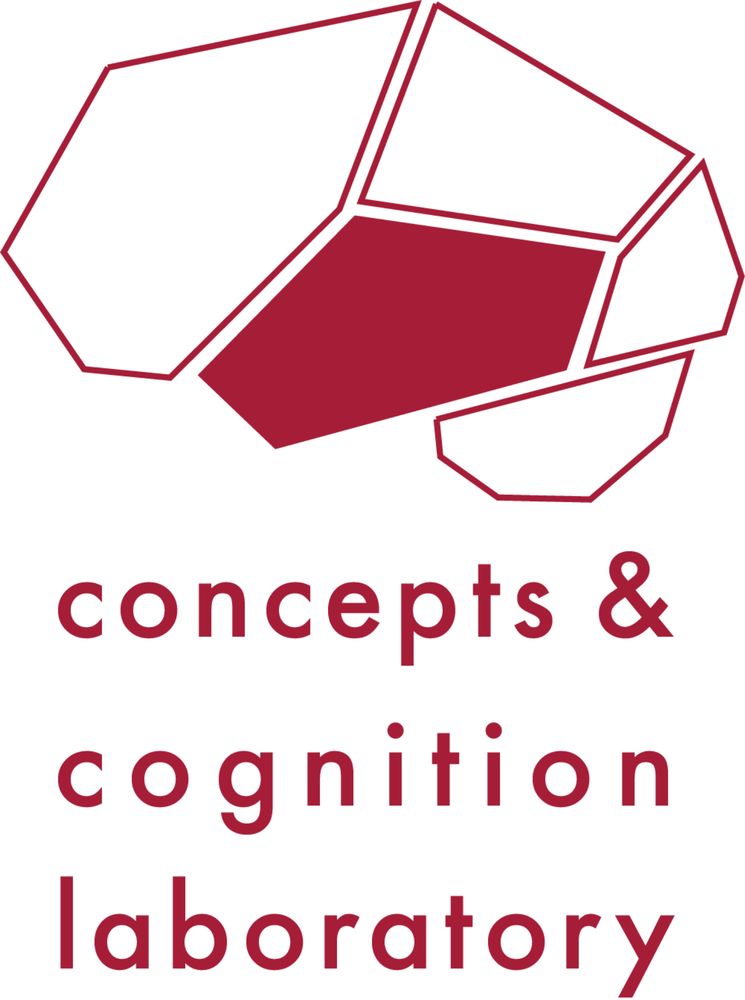Thursday PM #200 English / Norwegian cognates and false friends sites.google.com/view/helenes...
Friday AM #167: Spelling difficulty now disrupts future lexical retrieval rpubs.com/jensroes/aml...

Reposted by Mark Torrance
Check out Helene's research (poster 200 on Thursday Afternoon, 4 Sept. 2025 at #AMLaP in Prague).
Reposted by Mark Torrance

Reposted by Mark Torrance

Reposted by Mark Torrance
The elicited imitation task is widely used as a measure of automatized L2 knowledge. However, the scoring of the task relies exclusively on product-based measures (i.e., accuracy of L2 production).
I was reminded to post about this bsky.app/profile/jami... from @jamiereillycog.bsky.social. Our database features there alongside much, much more.




Reposted by Mark Torrance

Typing in tandem: language planning in multi-sentence text production is fundamentally parallel. https://osf.io/preprints/osf/qr58k
"Competent writers... (1/2)

